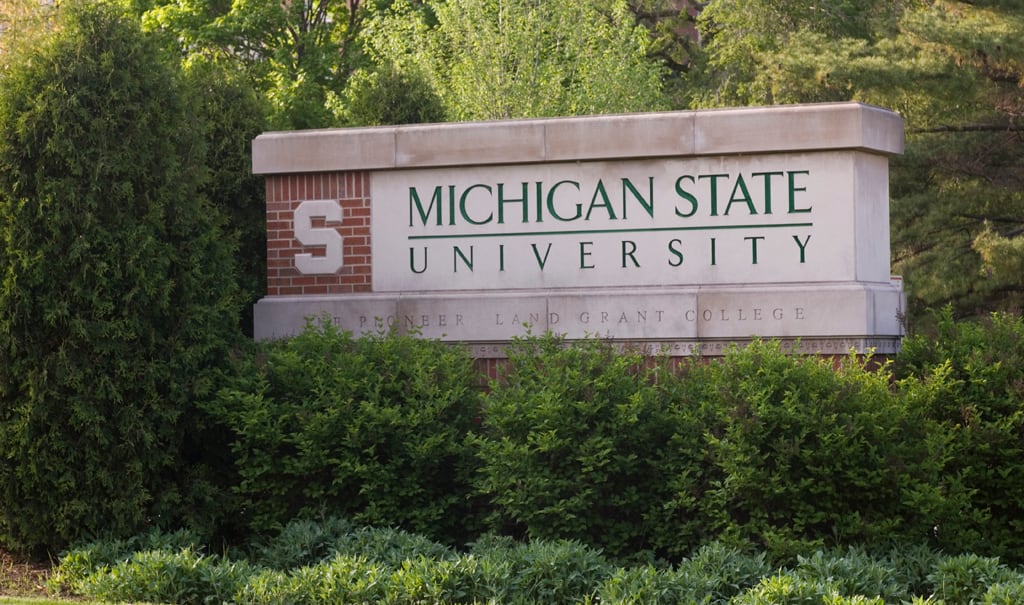Michigan State University Adjusts DEI Policies Amid National Shift
Michigan State University (MSU) is undergoing a significant shift in its approach to Diversity, Equity, and Inclusion (DEI) policies. Recent internal communications have directed senior staff to stop using DEI statements in various aspects of employment, including job postings, employee evaluations, and promotions. This change aligns with broader trends across the country, as other universities adjust their DEI strategies in response to evolving federal regulations.
In a letter addressed to university leadership, Interim Provost Thomas Jeitschko outlined the rationale behind the decision. He emphasized that the removal of DEI statements aims to ensure alignment with MSU’s core mission while adhering to federal requirements. The move reflects a growing debate about the role of DEI initiatives in higher education, particularly as some institutions reassess their approaches in light of new policy developments.
Dr. Jamie Alan, an associate professor at MSU, has voiced concerns about the potential impact of these changes on the university’s commitment to diversity. Her work involves training future healthcare professionals, and she believes that exposure to diverse perspectives is essential for effective teaching. “I recognize that it is vital for me to be surrounded by people who look different than me, who have different lived experiences than me,” she explained. “This helps me enrich my teaching and ensures that our future health care providers can deliver the best possible care to patients across the state and the nation.”
Alan expressed uncertainty about how these changes will affect the university’s long-term direction. However, she remains steadfast in her personal mission as an educator. “This reinforces my goals and the direction I’m headed in as a faculty member,” she said. Despite the institutional shifts, she remains committed to fostering an inclusive learning environment.
MSU spokesperson Amber McCann reiterated the university’s dedication to being a welcoming and inclusive institution. She highlighted that MSU has never implemented a university-wide policy requiring DEI statements as part of the tenure review process. “The university is proud of its long history as a welcoming and inclusive institution,” McCann stated. She emphasized that MSU’s values remain unchanged, even as it adapts to new policy landscapes.
The national conversation around DEI initiatives has been influenced by recent developments, including investigations into hiring practices at George Mason University in Virginia. These probes, initiated during the Trump administration, continue to shape the discourse around DEI efforts in higher education. The focus on compliance and legal scrutiny has prompted many institutions to reevaluate their DEI strategies.
As universities navigate these challenges, the balance between maintaining inclusive environments and adhering to regulatory requirements remains a complex issue. While some institutions are scaling back DEI initiatives, others are finding ways to integrate them more effectively into their missions. For educators like Dr. Alan, the commitment to diversity and inclusion remains a personal and professional priority, regardless of institutional changes.
The ongoing evolution of DEI policies highlights the need for continued dialogue and reflection within academic communities. As institutions adapt to shifting political and legal landscapes, the question of how to sustain meaningful diversity and inclusion efforts remains central to the future of higher education.







